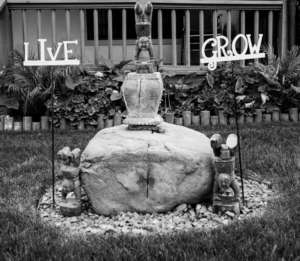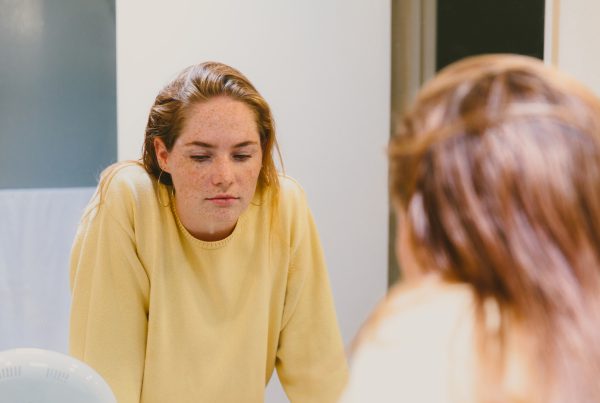Visions knows that a family in crisis needs requires an intensive family program.  It doesn’t benefit a family to be viewed as having individual branches that need to be removed, trimmed or repaired. We are thrilled to be building out our 3-day intensive family program with the help of Jeff and Terra Holbrook. They have been doing family work for almost two decades and are deeply committed to healing the family system. Their insight and experience are invaluable and in line with the culture of Visions. Visions wants the family to heal from the inside out; We require all families to go to:
It doesn’t benefit a family to be viewed as having individual branches that need to be removed, trimmed or repaired. We are thrilled to be building out our 3-day intensive family program with the help of Jeff and Terra Holbrook. They have been doing family work for almost two decades and are deeply committed to healing the family system. Their insight and experience are invaluable and in line with the culture of Visions. Visions wants the family to heal from the inside out; We require all families to go to:
- Weekly parent support groups;
- Weekly multi-family groups; and
- Individual family sessions.
Families are also encouraged to go to outside support groups (Al-Anon, AA, ACA, Refuge Recovery, et cetera). When we meet with families, we address issues of attachment, enmeshment, codependency, and we assist families in creating healthy boundaries. The recovery process requires a level of willingness and curiosity on everyone’s part and it is particularly important to do family work because addiction and mental health are rooted in the family system. It is not uncommon for parents and loved ones affected by their child’s addiction or mental illness to become angry, place blame, distance themselves from their child, or try to fix the problem themselves; often times, the focus remains on the addict. Here’s where an intensive family program comes in.
Think of the family system as a garden. Imagine the roots of everything in the garden weaving their way through nutrient rich soil containing love, respect, healthy boundaries, positive attention, and connection to healthy resources. Now imagine what happens when that same soil becomes fallow: The roots begin to suffer from neglect, abuse, abandonment, deprivation, and entanglement; the garden begins to whither away, grasping onto whatever is closest to try to survive. Family systems need to be nurtured from their root systems all the way up. Removing one unhealthy part won’t allow the entire system to heal. In fact, the entire root system will malfunction as a result.
Our intensive family program provides salient educational tools for parents to learn to face addiction and mental health in a healthier way. Families must begin to unpeel their own layers, and begin looking deeply within themselves and at the origins of their own root systems. Parents must also understand what they are asking their kids to do to recover, and more importantly, it’s invaluable for parents to show their kids they are willing to do the same hard work. For example, if a family is asking their kids to look at how they are powerless, that same family needs to ask themselves the same question. Addiction and mental health are a family disease; they are not isolated incidents wherein one family member goes rogue. As David Sheff, author of Clean says, “The addicted are not morally bereft, they are ill.”
An intensive family program will also help parents move away from the stigma of mental health and addiction and move toward acceptance and healing. Families are often surprised to find out that their feelings are in line with their child’s: Both may feel angry, betrayed, ashamed, scared, resentful, frustrated, tired, and so on. When parents are able to shed a light on these similarities, the willingness to look at the hows and whys of addiction and mental illness becomes more palpable. Recognizing this similarity also elicits compassion and empathy for their child and for themselves. When a family can recognize that everything is connected, recovery can truly bloom.








One Comment